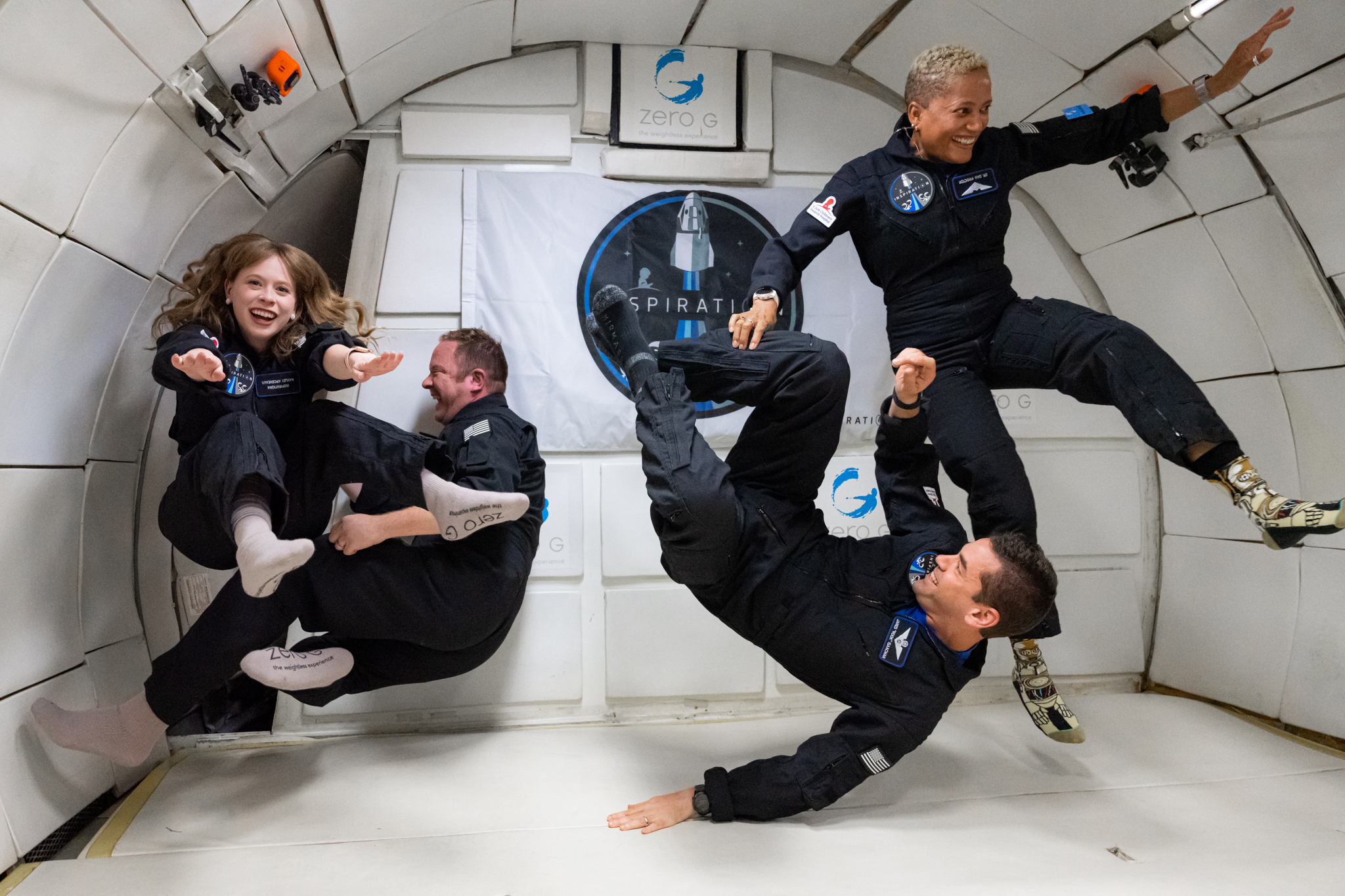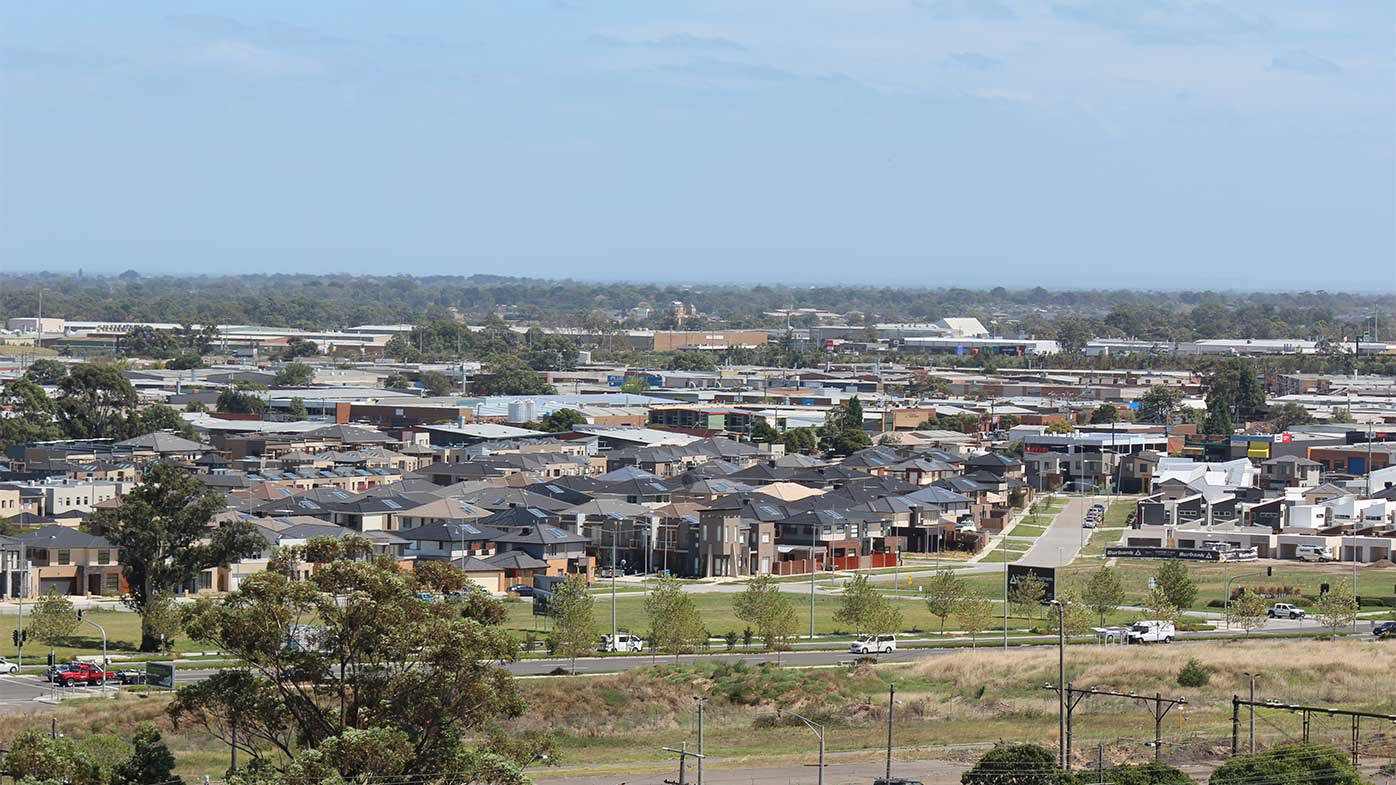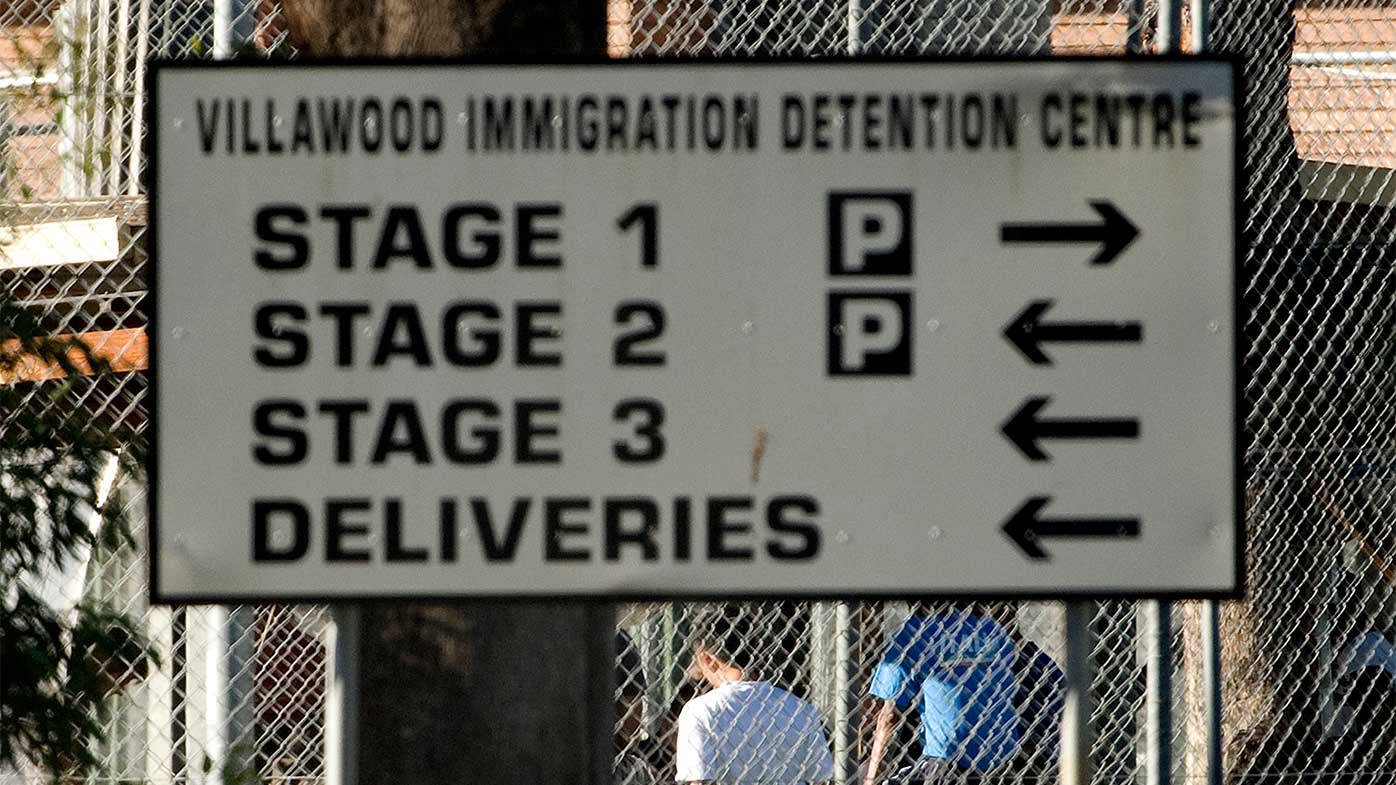Immune system changes, blood clotting, and molecular alterations are all factors scientists say we need to understand as the new space race continues.
New studies have looked at the changes undergone by an all-civilian crew aboard a SpaceX voyage, as well as astronauts who had spent 180 days to a year on the International Space Station.
“Spaceflight is known to induce molecular, cellular, and physiological shifts in astronauts and poses various biomedical challenges to the human body,” the authors said in a release.
READ MORE: Deadly ‘freak wave’ swept women into sea in Sydney
“As more people venture into space, understanding the health risks associated with space exploration is key for the preparation of long-duration, lunar, and potentially Martian missions.
“However, current frameworks for aerospace medicine lag behind advances in precision medicine on Earth, which highlights the need for the rapid development of space medicine databases, tools and protocols.”
Studies found that even short-range spaceflight resulted in “broad-ranging molecular changes”.
READ MORE: Trump facing probation interview before sentencing
“Although more than 95 per cent of markers were found to return to baseline in the months after the mission had ended, some proteins, genes, and cytokines appear to be still activated in the recovery period after spaceflight and persisted after flight for at least three months,” the authors said.
But the short-range flights, such as the three-day SpaceX mission in Inspiration4, “did not pose a significant health risk for the crew”.
The researchers also reported that females returned to baseline faster for gene expression changes and chromatin states.
READ MORE: Search launched for missing plane carrying Malawi’s vice president
Also, they found that fibrinogen and IL-8 are also affected in a sex-specific manner, indicating that blood clotting and immune system regulation were important for future studies on precision astronaut medicine \.
“Leveraging the datasets, tools, and resources in SOMA (Space Omics and Medical Atlas) may help to accelerate precision aerospace medicine, improve health monitoring and risk mitigation, and provide baseline data for upcoming lunar, Mars, and other space missions,” the authors said in the release.
See the research online here.
FOLLOW US ON WHATSAPP HERE: Stay across all the latest in breaking news, celebrity and sport via our WhatsApp channel. No comments, no algorithm and nobody can see your private details.










